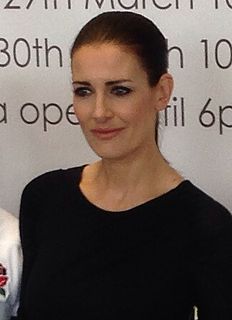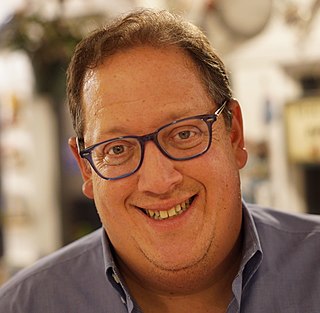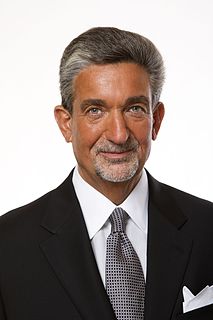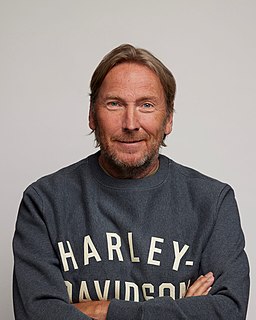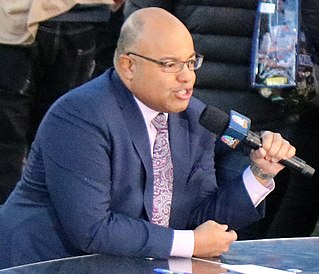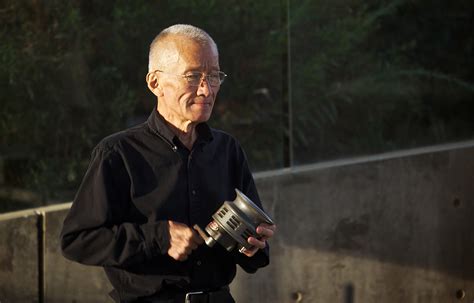A Quote by Kirsty Gallacher
Sports broadcasting is very open now. In the beginning you did encounter more traditional attitudes and get comments. But I'm talking about 12 years ago.
Related Quotes
We're the highest taxed nation in the world. Our middle class is just reeling from the taxes. And you know, if you think about it, the middle class and the workers of this country, who really built the country, they haven't had a raise in 12 years. They're making less now actually - to be even worse about it, they're making less now than they did 12 years ago.
Today, if you listen to sports talk radio, they are not talking the right way about most women's sports. Those people will retire, or frankly a lot of them are getting fired or laid off - and we'll get younger people into key media positions who are more egalitarian, more open minded, more respectful.
We decided that sports, lifestyle and fashion were three elements that could be mixed together to a very unique formula. That's what we did: make Puma a very sports-fashion brand when, at the times, everybody talked about sports and sports performance and functionality. We said, 'Well, it's about more.'
You know, our country's being ripped apart. And let me tell you, this is largely an economic issue, too. You know that workers, hard-working people, middle class people, haven't had a salary increase effectively in 12 years, all right? So for 12 years, they're making less now in many cases than they made 12 years ago.
One of the proudest things I see is, now, 25 years after I graduated, when I go to a Syracuse sporting event, there's a senior or a junior from WAER broadcasting sports just the way we did, and just the way it happened a couple generations before us. That's a great legacy for the university and a great tradition that still continues to this day, and makes those of us who were a small part of it very very proud.
It was tough getting fired by the NBA. I really didn't know where I was going, until [ESPN] called me. I said, "Hey, 'ESPN?' Never heard of it. It sounds like a disease." Now I have that same disease as a sports fanatic. All this sports madness we didn't have years ago, now I'm very blessed and fortunate to be part of it.
At the beginning, I felt sort of reluctant about my music from my past. But in the last couple of years, I felt good about what I did in the past. The way I see my work, time passes from the time I performed or recorded a work. When I look at it now, 25 years or 30 years ago, if I see that it has value today, I will agree to release it.
I grew up and I've worked with people who have been very present, a) either always jumping to whatever is most modern technologically advanced sort of thing, or b) people in this industry, like Kevin Smith, who, his communication with his fans is hugely connected to his success. And he was talking about that years ago. And David Bowie was doing that years ago. And Prince was doing that years ago.
